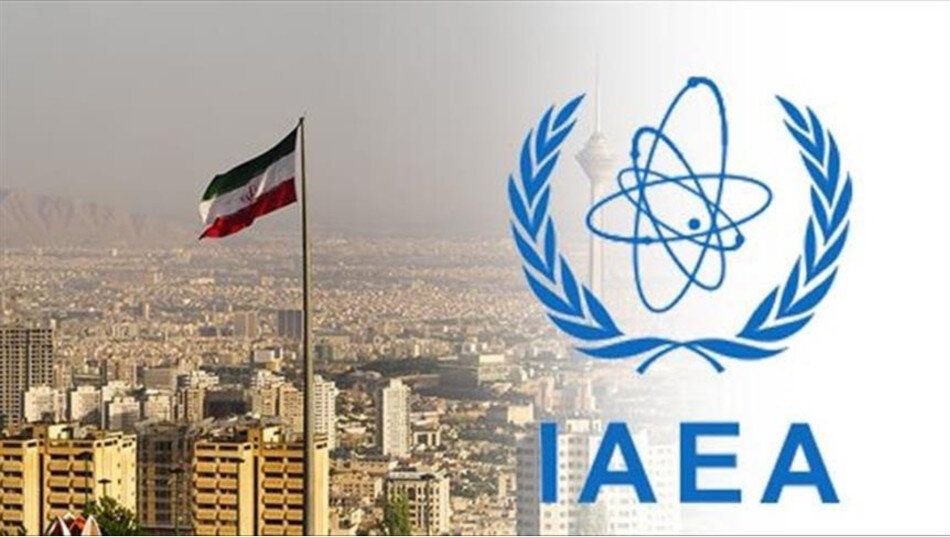Iran, IAEA agree to continue consultations amid Tehran’s demands for new framework

TEHRAN – Deputy Foreign Minister Kazem Gharibabadi announced Monday that Iran and the International Atomic Energy Agency (IAEA) have agreed to continue consultations following talks in Tehran, marking a potential thaw in relations after cooperation was suspended in June.
The breakthrough follows Tehran’s call for a fundamental restructuring of its engagement with the UN nuclear watchdog, citing the IAEA’s failure to fulfill its responsibilities during U.S.-Israeli attacks on civilian nuclear sites in June.
IAEA Deputy Director General Massimo Aparo led the international body’s delegation, and although inspections did not take place, both sides agreed to advance technical discussions. “Taking into account the discussions held during the meeting, it was decided to continue consultations,” Gharibabadi said, stressing that future cooperation will depend on meaningful IAEA reforms.
During the latest meeting, the Iranian delegation strongly criticized the IAEA’s silence in response to recent attacks—carried out with U.S. support and involvement—against nuclear facilities in Fordo, Isfahan, and Natanz.
Gharibabadi underscored that Iran’s "strong objections" to the agency’s inaction were formally communicated, demanding corrective measures for its "improper processes" regarding Iran’s nuclear activities.
The talks follow Iran’s June 25 parliamentary vote, which unanimously approved a law suspending IAEA cooperation. The legislation mandates that any future inspections require explicit approval from Iran’s Supreme National Security Council and guarantees for the physical and technical security of nuclear facilities.
Parliament Speaker Mohammad Baqer Qalibaf has condemned the IAEA for becoming a "political tool" after it accused Iran of non-proliferation violations days before the Israeli regime’s attacks—a move Tehran believes provided pretext for the aggression.
Foreign Minister Abbas Araghchi excoriated the IAEA’s "poor conduct" as enabling "the gravest violation of international law" in a televised interview last week.
"The agency refrained from showing a wise and rational reaction and did not condemn [the U.S.-Israeli attacks] as required," Araghchi declared, noting such complicity necessitates a "new chapter" in relations. "The previous framework no longer works," he said.
The Iranian top diplomat clarified that discussions would focus solely on bilateral cooperation modalities—not inspections—adding that IAEA access remains suspended until security guarantees materialize.
Iran stresses that resumed engagement aims not to restore previous arrangements but to establish a legally binding framework ensuring non-repetition of IAEA negligence.
Tehran maintains that its nuclear program is peaceful and permitted under the Nuclear Non-Proliferation Treaty (NPT).
The June attacks, which caused damage to Iran’s civilian nuclear infrastructure and killed some of its nuclear scientists, have galvanized Tehran’s leadership to demand accountability from international bodies like the IAEA.
Leave a Comment